Electric vehicle FAQs (frequently asked questions) answered
Busting EV myths and misconceptions
By Inigo Roces
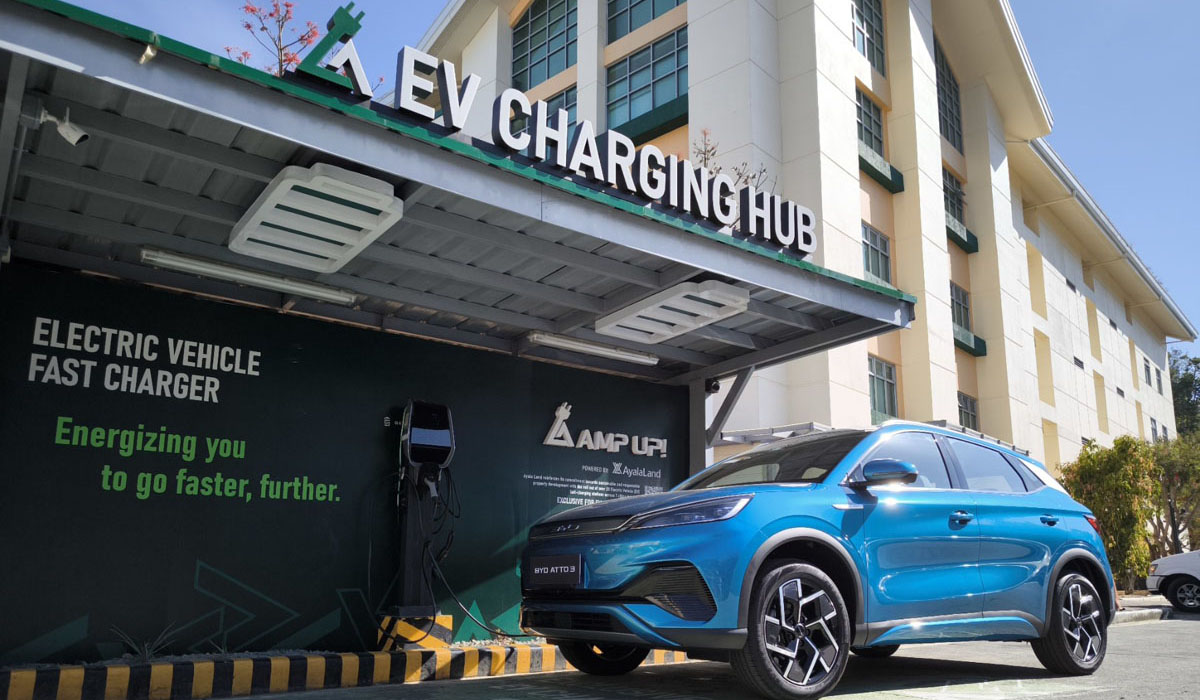
With battery electric vehicles, specifically electric cars, now becoming widely available and also heavily promoted, no doubt, many buyers are now considering them as an option. However, because they use a different source of power, many likely still have questions about how batteries will change the daily drive as opposed to conventional fossil fuels. Here, we go over your most frequently asked questions in order to satisfy your curiosity and possibly ease some worries you may have.
1. Why are electric cars expensive in the Philippines?
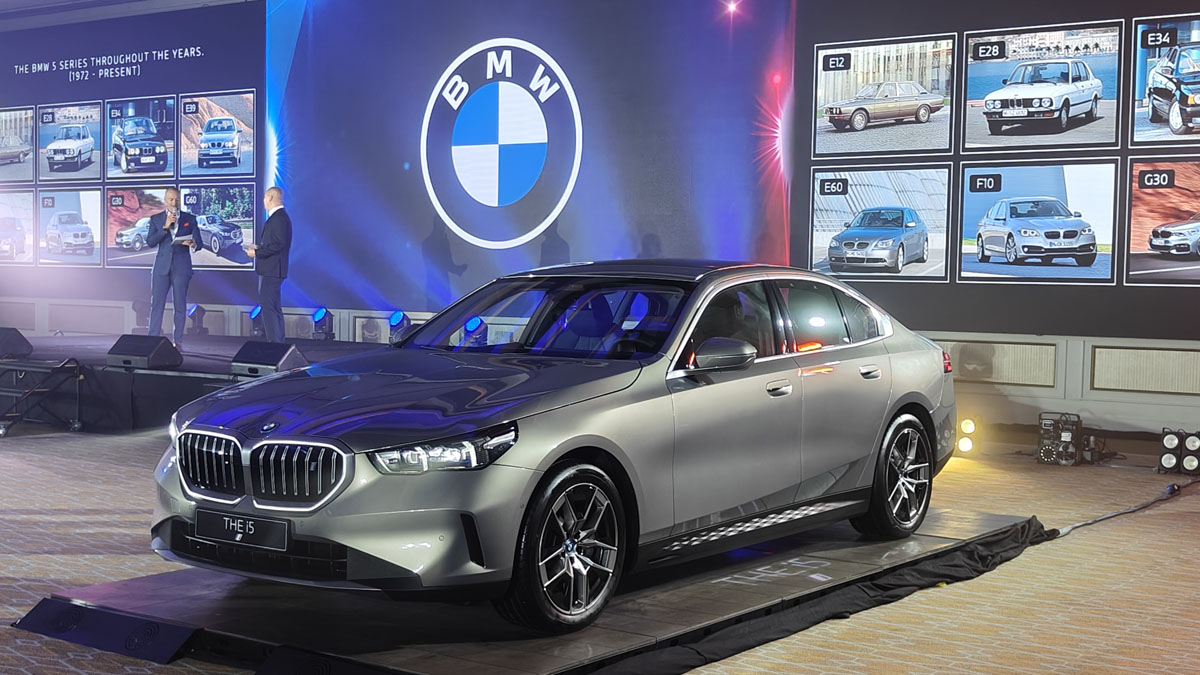
Electric vehicles (EV) rely on batteries to store energy. Because a lot of energy is required to power an electric car and give it the range comparable to an internal combustion engine (ICE) vehicle, much of the high cost of an EV is the battery itself.
Philippine laws have granted auto brands that distribute EVs certain tax and duty exemptions, which help bring the price down and encourage adoption. However, unlike other countries, there is no rebate given to buyers when acquiring one. As such, even without most duties, the cost of acquiring one may be higher than a conventional combustion vehicle.
2. What perks will electric car owners get?
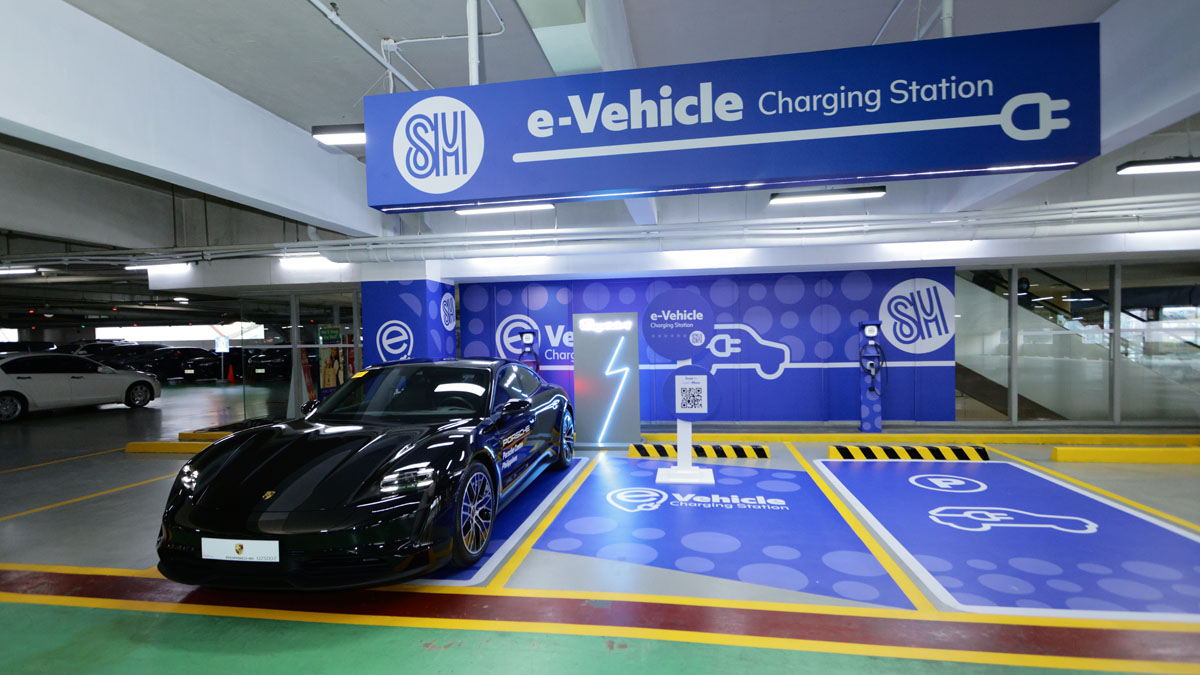
Under the law, EV owners can enjoy exemption from the number coding scheme in cities where it is enforced for a set number of years. When registering their vehicle, they can also use express lanes to speed up their transaction. Commercial areas, like malls, may also offer special parking spaces specifically for EVs. Bear in mind, EVs still cannot use the EDSA bus lane.
3. I heard the battery is expensive, will I have to worry about replacing it in the future?

No doubt, many have heard that the battery of an EV is expensive and it indeed is. However, many auto brands now offer very long warranties for this, varying from seven years to as long as 10 years or up to 1,000,000 kilometers, whichever comes first. This is to give owners peace of mind and no longer worry about the batteries themselves. Today’s EVs have batteries that are designed to last as long as the car itself.
The only time an owner will have to replace the battery of an EV is if it has lost more 75% of its original capacity in less than seven years, or if the EV has figured in an accident which may have compromised the battery. In the first case, the warranty will easily cover the cost. In the latter case, it will depend on who will be found at fault. As such, it is prudent to insure your EV against such an incident.
4. What is the battery life of an EV?
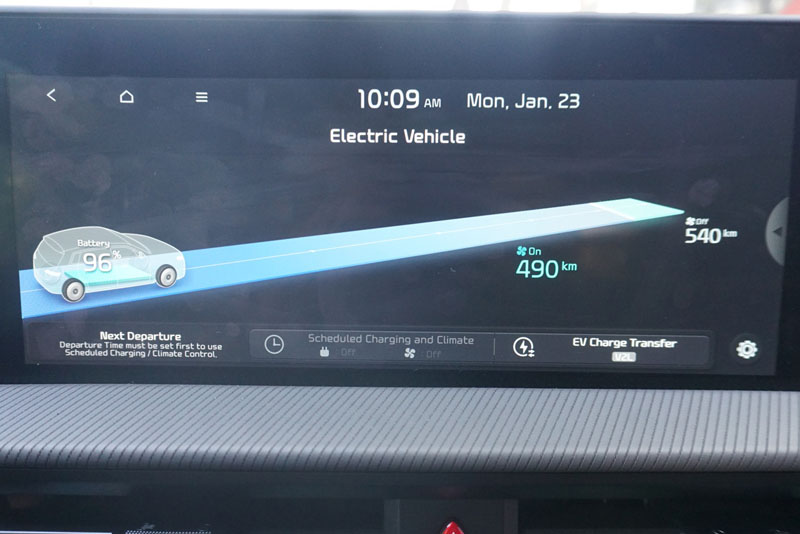
The battery life of an EV will vary depending on the make and model of the vehicle. However, many of them are designed to last at least seven to 10 years with regular use. After around 10 years the battery will still function but may only have around 75% of its original capacity, meaning 75% of the original driving range. This is a normal and expected depreciation in its capacity. The EV may still be driven. The only downside is the reduced range. If range is the most important aspect to you, taking into account vehicle depreciation, it may be more prudent to simply buy a new vehicle at this stage rather than replacing its battery.
5. Is there a special technique to drive an electric car?

EVs are designed to be driven exactly like normal ICE vehicles. There are no special techniques a driver must learn. There is no special license condition required. The only difference is how their energy is replenished, which is by recharging rather than refueling.
Some EVs may have a “one-pedal driving” mode, however this is an optional mode that has to be activated and not the default mode when starting an EV. Brands with this function will instruct you how to use such a function before releasing the vehicle.
6. Will I get electrocuted if I drive my EV through a flood?
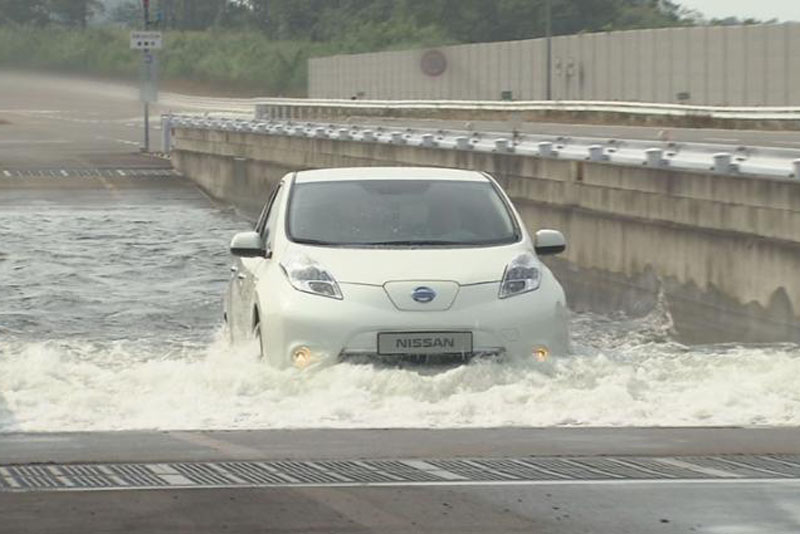
Floods are frequent in the Philippines, as such, most are likely worried about how an EV will handle driving through one. There is nothing to worry about as all EVs use completely sealed batteries and electrical systems that have been tested and approved to run in the rain and even some mild floods. You will not get electrocuted. Neither will any pedestrians near the vehicle.
Of course, this does not mean you can drive an EV through a flood that a normal ICE would not be able to drive through. It is not recommended to drive EVs through very deep floods that may be knee or waist deep as the water may enter the vehicle and compromise other vehicle components.
7. What is the Philippine charging standard and do I have to consider that when buying a vehicle?
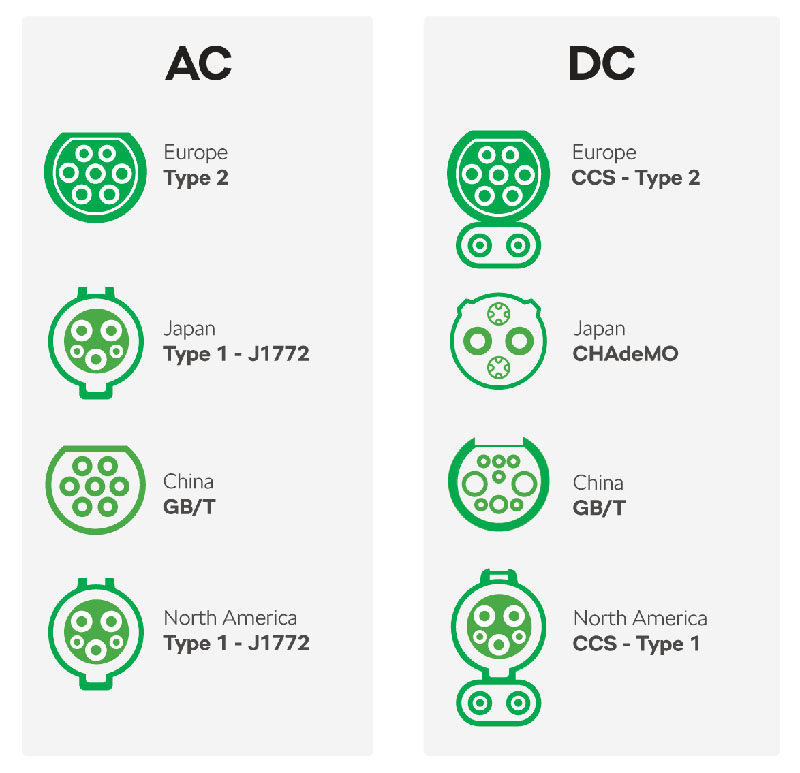
There are currently four charging standards for electric vehicles: the European Type 2 (AC) and combined charging standard (CCS DC), the Japanese Type 1 (AC) and CHAdeMO (DC), the Chinese GB/T charging standard (AC and DC), and the North American charging standard (Tesla).
Alternating current (AC) chargers use electricity similar to the electricity in your home, but takes much more time to charge. Direct current (DC) chargers, similar to your phone or other portable electronic device, can charge a vehicle much more quickly, within minutes, but has to be converted from AC to DC, which makes them more costly and harder to find.
Many Philippine EV stakeholders have chosen to follow the European Type 2 (alternating current, AC) and CCS (direct current, DC) standard. However, there are still some vehicles and charging stations locally that use the Type 1 / CHAdeMO and GB/T standards. Each charging standard has their own benefits and drawbacks. The charging standard of your vehicle will only be an issue if you plan to use publicly available chargers.
Most of these public chargers use alternating current (AC) and the Type 2 standard. However, all auto brands will provide a portable charger that will fit your specific charging standard and is compatible with a standard 220V outlet. They can also recommend you to an installer of a wall charger, as well as adapters that may be used with your vehicle to fit Type 2 / CCS chargers.
8. How frequently do I have to charge?
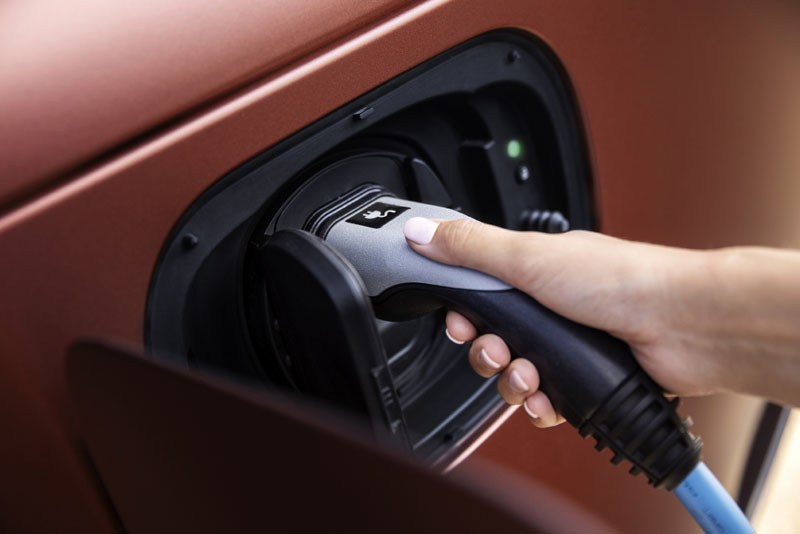
Charging frequency will depend on the distance you regularly travel and the size of your battery. Since the average commute for most living in cities and traveling from home to work is between 10-14 kilometers and the average battery size provides a range of 350-400 kilometers, this means an EV owner will only have to charge once a week.
EV owners can charge as frequently as they like when at home or outside. One does not have to wait for the battery to fully discharge before recharging it again. Charging at home, with the provided AC portable charger (2-7 kWh), may take anywhere from 6 hours to as long as 14 hours depending on the battery size. Wall chargers with a high kWh rating (between 7-22 kWh) may speed this up to between 4 – 8 hours, but will require special installation because they draw more power. DC-fast chargers (40-60 kWh, available in select areas) can charge a car in as little as 30 minutes, but not all EVs may be compatible with it. DC-fast chargers are not a viable option to install at home as they can cost as much as the vehicle itself.
9. Are electric cars cheaper to maintain?

Electric cars are generally cheaper to maintain because they have no engine. As such, there is no oil to change, no filter, gaskets, or spark plugs to replace. However, you still need to regularly inspect tire pressure, tire wear, brake fluid levels, as well as the health of the conventional car battery (yes, they still have one to power onboard systems). Electric vehicles are generally more reliable because of the fewer moving parts, but they are not maintenance free.
10. What kind of buyer is the electric car recommended for?
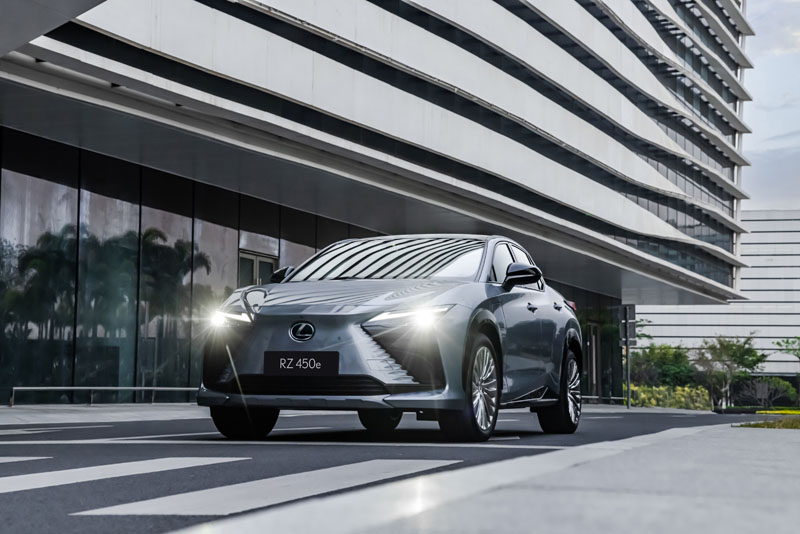
EVs will be best enjoyed by people that have to travel somewhere that’s a relatively short distance away, every day. If your commute is within 14 kilometers of where you live, an EV may be your most cost-effective option. As for form factor, they come in sedan, hatchback, SUV, sports car, pickup, and even minivan form these days. It is also recommended to have your own parking space with an accessible power outlet or dedicated wall charger near the vehicle. Those who live in condominiums may not have this luxury and may regularly struggle to recharge their vehicles.
Before buying one, evaluate what you plan to use it for and find out the availability of charging options in your area. EVs are best suited for highly developed urban areas where commutes are short and charging options are plentiful.